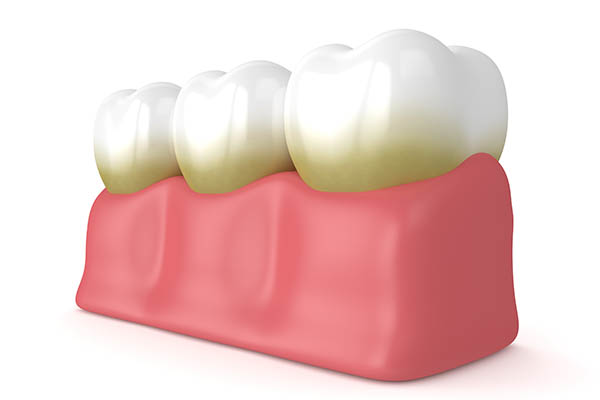 Preventative dental care, also preventive dentistry, is crucial to maintaining your teeth healthy throughout your life. General health is impacted by decent oral health as well. Taking good care of your dental helps retain proper oral health. Dental care is a blend of routine dental check-ups and good oral hygiene that entails brushing and flossing. Your teeth should be taken care of right from your childhood and should extend throughout your life.
Preventative dental care, also preventive dentistry, is crucial to maintaining your teeth healthy throughout your life. General health is impacted by decent oral health as well. Taking good care of your dental helps retain proper oral health. Dental care is a blend of routine dental check-ups and good oral hygiene that entails brushing and flossing. Your teeth should be taken care of right from your childhood and should extend throughout your life.
Plaque, tartar, and the need for dental care
Plaque and tartar come about because of poor oral hygiene or lack of preventative dental care.
Dental plaque, otherwise known as microbial plaque, tooth plaque, or dental biofilm, is a soft, sticky coating that accumulates on your teeth. Plaque is a clammy, pale yellow, colorless biofilm residue that often builds on your teeth.
Bacteria deposits collected where the gums and teeth meet are produced when saliva, fluids, and food combine. Plaque embodies bacteria, which create acids that damage your tooth enamel as well as your gums in severe cases. If left untreated, the damage could come to be permanent.
Tartar is a result of irregular removal of plaque. Minerals from your saliva are deposited in the biofilm plaque to ossify within 24 to 72 hours, turning it to tartar. Once plaque becomes tartar, you can no longer remove it at home. The help of a professional is required for tartar removal. Therefore, there is a need for oral hygiene.
Some grave dental conditions are associated with dental plaque and tartar buildup. They can result in dental problems like:
- Cavities – acids from plaque bacteria can eat away your enamel
- Gingivitis – bacteria from plaque can cause gums inflammation
- Bad breath – plaque buildup can also cause your breath to smell bad
Prevention of plaque and tartar buildup
Most of your preventative dental care starts with you. Keeping up with your oral health and curbing plaque buildup on your teeth is an excellent way to prevent tartar. To prevent tartar, always do the below:
Brush your teeth daily; at least twice with tartar-control fluoride toothpaste that helps fight cavities, protects the teeth, and helps discourage tartar.
Floss your mouth with a mouth wash that prevents plaque buildup on teeth daily to wipe out food particles and plaque in-between the teeth. This is to discourage the buildup of plaque; ensure you floss once a day. Make it a part of your routine.
An adult that visits their dentist often is unlikely to have plaque-related dental issues. So, routine check with your dentist is also important.
- Get yourself, your family, and your friends electric toothbrushes.
- Remember to change your toothbrush or the head every three months as recommended by dentists. Or change them when the bristles seem worn out.
- Use a quality soft toothbrush to brush your teeth so you don’t harm your gums.
- Avoid excessive smoking and alcohol intake to reduce your risk of increased plaque and tartar.
Visit your dentist to learn more
Seeing a dentist is essential to your overall health and should be done regularly. You should opt to visit your dentist at leat twice per year, and as needed for other treatments and procedures. Preventative dental care can go a long way in preserving your oral health for years to come.
Request an appointment or call Shirley Zhao DDS at 209-585-1475 for an appointment in our Tracy office.
Related Posts
When you visit your dentist, preventative dental care should be at the forefront of your mind. Nobody enjoys getting extra work done because of the cost and time and because it can result in some uncomfortable procedures. Cavities, gingivitis, and other diseases are preventable with the correct oral hygiene. X-rays and cleanings done at your…
Preventative dental care is an important necessity when it comes to taking care of your teeth and gums. Your dentist is your primary defense in dental health. Early detection and treatment of any oral issue are vital in keeping your original teeth looking healthy and staying strong the longest.Be sure to schedule a dental checkup…
The most effective way to prevent tooth decay is with preventative dental care. Everyone wants to maintain a healthy white smile for a lifetime. Your smile is your first impression and a great way to show confidence. Keeping that smile can be very easy if you follow a few easy steps.Tooth decay causes gum disease,…
